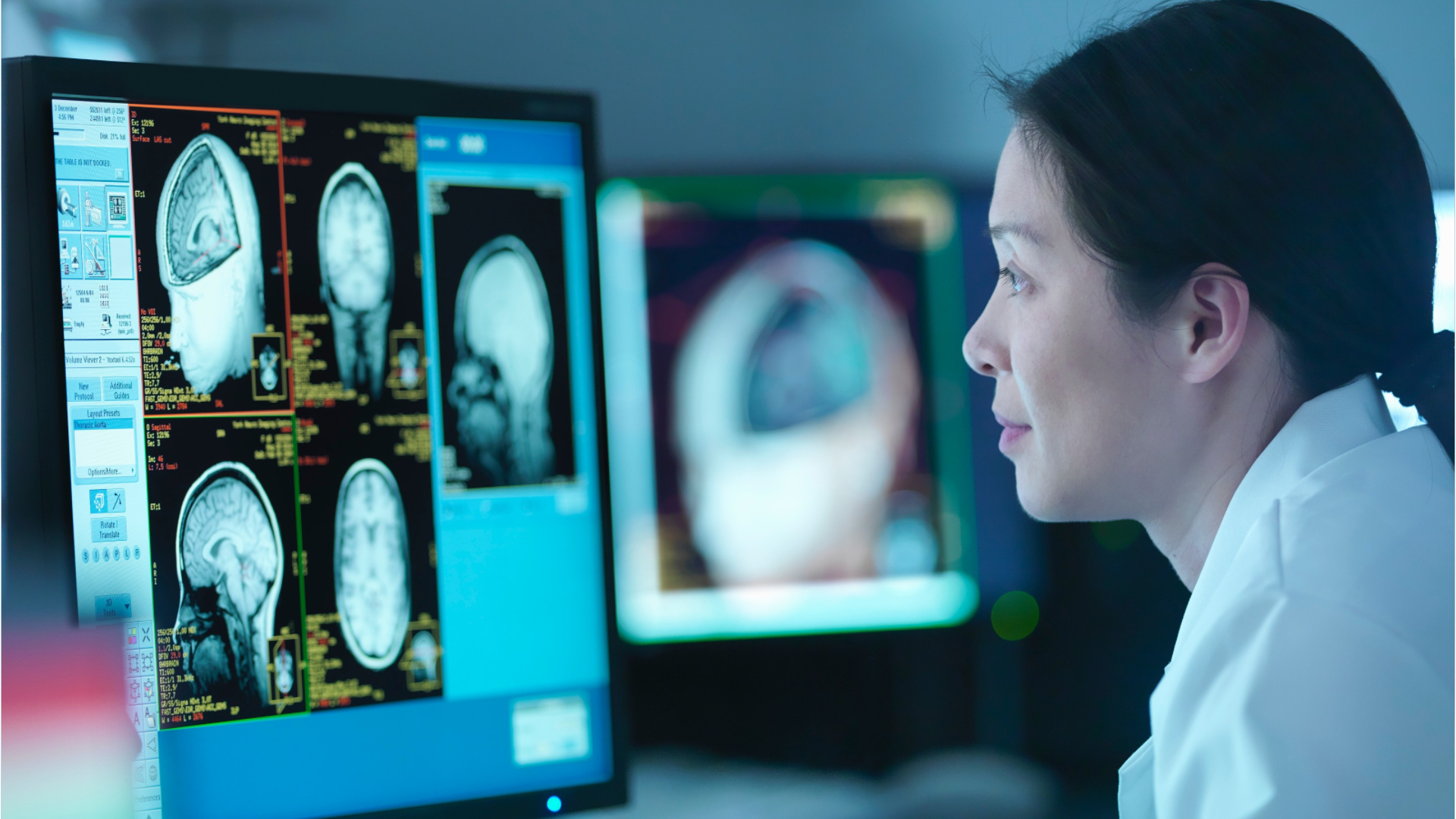Neuropsychologists
Board Certified Neuropsychologist, Neuropsychologist, Pediatric Neuropsychologist, Staff Psychologist
 Select a military branch to see samples.
Select a military branch to see samples.
Clinical Psychologist; Clinical Psychologist, Aviation Psychologist; Clinical Psychologist, Clinical Health Psychologist; Clinical Psychologist, Investigative Psychologist; Clinical Psychologist, Operational Psychologist; Neurologist, Pain Management; Psychiatrist; Psychiatrist, Addictions Psychiatry; Psychiatrist, Forensic Psychiatry; Psychiatrist, Psychosomatic Psychiatry
Behavioral Sciences; Clinical Psychology; Medical Service Corps Officer; Neurologist; Psychiatrist; Research Psychology
No similar titles were found.
No similar titles were found.
Clinical Psychologist; Neurologist; Psychiatrist
No similar titles were found.
What they do:
Apply theories and principles of neuropsychology to evaluate and diagnose disorders of higher cerebral functioning, often in research and medical settings. Study the human brain and the effect of physiological states on human cognition and behavior. May formulate and administer programs of treatment.
On the job, you would:
- Conduct neuropsychological evaluations such as assessments of intelligence, academic ability, attention, concentration, sensorimotor function, language, learning, and memory.
- Write or prepare detailed clinical neuropsychological reports, using data from psychological or neuropsychological tests, self-report measures, rating scales, direct observations, or interviews.
- Interview patients to obtain comprehensive medical histories.
Knowledge
Math and Science
- psychology
- sociology and anthropology
Health
- therapy and counseling
- medicine and dentistry
Arts and Humanities
- English language
Education and Training
- teaching and course design
Skills
Basic Skills
- listening to others, not interrupting, and asking good questions
- reading work related information
Problem Solving
- noticing a problem and figuring out the best way to solve it
People and Technology Systems
- thinking about the pros and cons of different options and picking the best one
- figuring out how a system should work and how changes in the future will affect it
Abilities
Verbal
- read and understand what is written
- communicate by speaking
Ideas and Logic
- make general rules or come up with answers from lots of detailed information
- use rules to solve problems
Personality
People interested in this work like activities that include ideas, thinking, and figuring things out.
They do well at jobs that need:
- Sincerity
- Empathy
- Stress Tolerance
- Achievement Orientation
- Cooperation
- Intellectual Curiosity
Technology
You might use software like this on the job:
Analytical or scientific software
- IBM SPSS Statistics
- Statistical software
Presentation software
- Microsoft PowerPoint
Medical software
- Patient electronic medical record EMR software
- The Tova Company Test of Variables of Attention
Education
Education: (rated 5 of 5)
post-doctoral training or
doctoral degree
usually needed
doctoral degree
usually needed
Job Outlook
Average
New job opportunities are likely in the future.
Explore More
- Clinical & Counseling Psychologists
- Clinical Neuropsychologists
- Neurologists
- Pediatricians, General
- Psychiatrists
You might like a career in one of these industries:
See more details at O*NET OnLine about Neuropsychologists.





